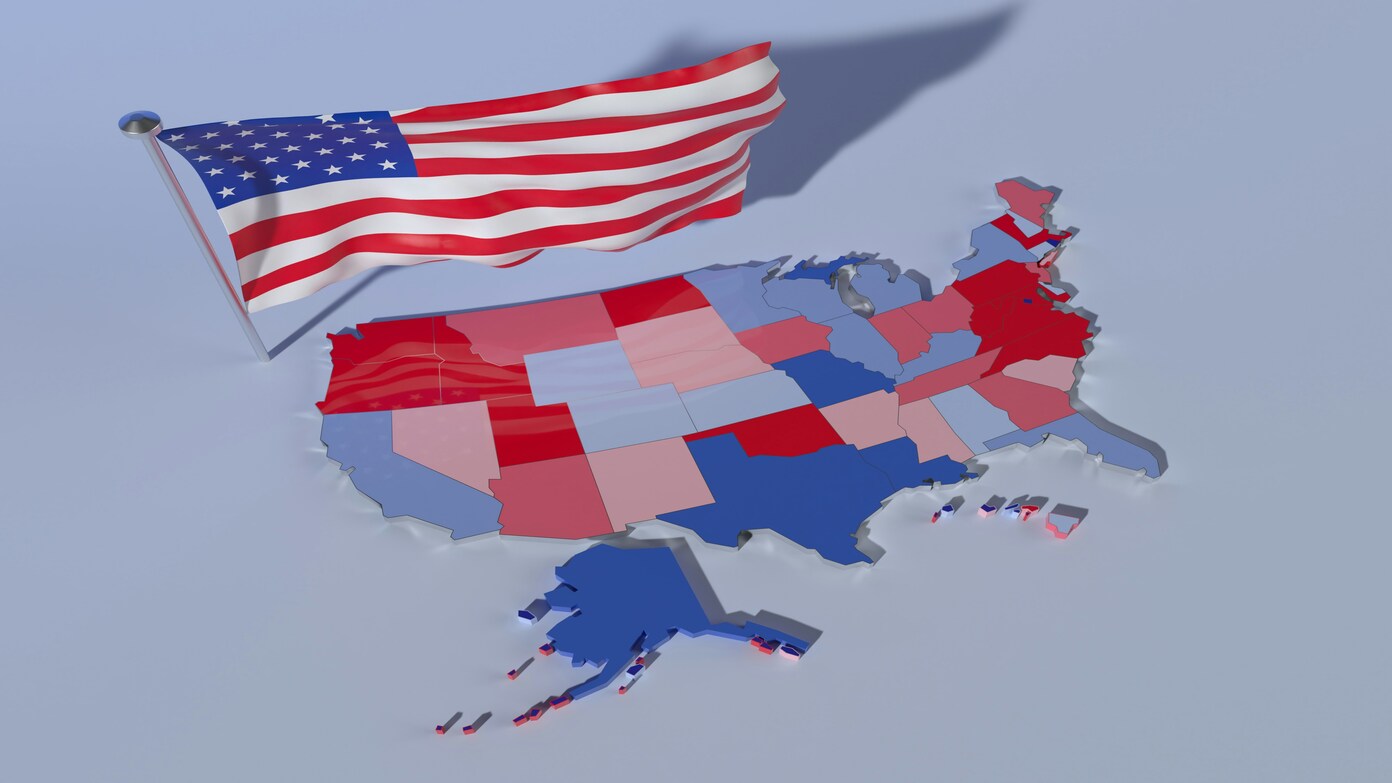The Bible Belt is more than a geographical designation; it represents a set of ideologies and traditions strongly tied to American Christianity and conservative politics.
What Is the Bible Belt?
The term “Bible Belt” was coined by American journalist and satirist H.L. Mencken in 1925. Mencken, covering the Scopes Monkey Trial in Dayton, Tennessee, used the term to describe the area’s fervent Christian beliefs and its resistance to evolutionary science. Over time, this label has come to signify a region characterized by high rates of church attendance, strong evangelical Protestant beliefs, and conservative political leanings.
According to sociologist Wilbur Zelinsky, the Bible Belt extends through much of the southern United States. This region is identified by its dominant religious influence, particularly Protestant denominations like the Southern Baptist Convention and the United Methodist Church. As Frank Newport of Gallup notes, “States in the Bible Belt show the highest levels of religious engagement,” which has only intensified as religious views become a more defining element of regional identity.
States that make up the Bible Belt
The Bible Belt spans multiple states in the southern US, though its precise borders are subject to some debate. Generally, the following states are considered part of the Bible Belt:
- Core states: Alabama, Arkansas, Georgia, Louisiana, Mississippi, North Carolina, Oklahoma, South Carolina, and Tennessee.
- Secondary states (sometimes included): Kentucky, Missouri, Texas, Virginia, and West Virginia.
States in the Bible Belt tend to show higher levels of religiosity compared to the national average. For instance, a Gallup poll revealed that 59% of Mississippi residents identify as “very religious,” one of the highest percentages in the US. The region’s cultural and religious values have significantly shaped local and national politics, especially with strong ties to conservative policies.
Religious beliefs in the Bible Belt
Religious beliefs in the Bible Belt are rooted primarily in evangelical Protestantism. Southern Baptist, Methodist, and Pentecostal churches are highly influential in the region, with each denomination promoting a fundamentalist or literalist interpretation of the Bible. Sunday church attendance is common, and activities such as prayer meetings, Bible studies, and religious schooling are part of the daily lives of many residents.
As Stephen Tweedie, a geographer at Oklahoma State University, noted in his analysis of the Bible Belt, “Evangelical Protestantism is the cultural fabric of the Bible Belt, not just a part of it.” His findings showed that these beliefs also shape residents’ attitudes toward social issues, such as same-sex marriage, abortion, and school curricula, aligning them with traditionally conservative values.
The Bible Belt and US elections
The Bible Belt’s strong conservative leanings make it a reliable base for the Republican Party. In nearly every presidential election since the 1980s, Bible Belt states have consistently cast their votes for Republican candidates. This trend stems from the alignment of evangelical Protestant values with conservative political platforms that emphasize family values, religious freedom, and traditional moral standards.
The region’s commitment to issues like opposition to abortion and same-sex marriage often reinforces its political conservatism. In the 2016 and 2020 elections, former President Donald Trump capitalized on the Bible Belt’s values, securing overwhelming support from these states. As the Pew Research Center reported, Trump’s appeal to the Bible Belt rested on his promises to protect religious liberties and appoint conservative judges.
The Bible Belt and the 2024 US election
The Bible Belt remains an electoral stronghold for Republican candidates in 2024. With a mix of older, white, and religious voters, the region’s demographics continue to support a conservative political agenda. According to Reuters, the 2024 Republican candidates are expected to focus heavily on topics such as “family values, religious rights, and opposition to progressive agendas.”
Polling data also suggests that key Bible Belt states, including Texas, Alabama, and South Carolina, remain firmly Republican. Issues like school choice, religious liberties, and pro-life policies are likely to resonate strongly with these voters. As journalist Frank Bruni observes, “The Bible Belt’s conservative voters are motivated by deeply held religious convictions, making them an essential base for any Republican candidate.”
However, demographic shifts could impact the Bible Belt’s political landscape. Urban areas in Texas and Georgia are seeing an influx of younger and more diverse populations who may hold more progressive views. While these changes are unlikely to sway the entire region in 2024, they could gradually influence the Bible Belt’s political identity over time.

